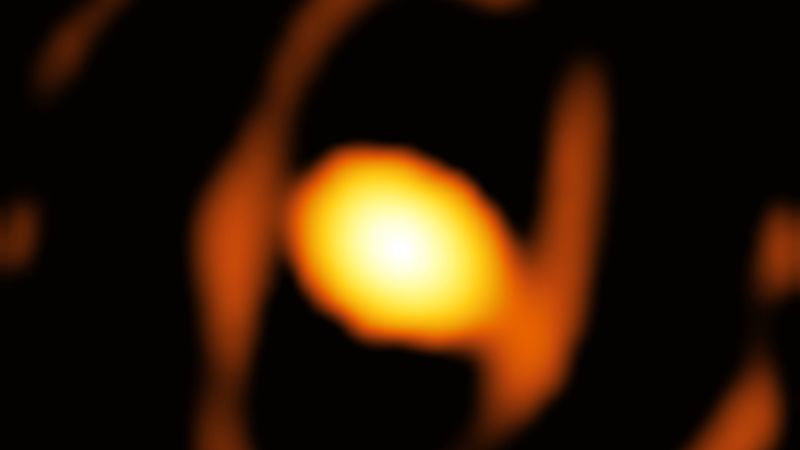
Spacecraft Propulsion
Spacecraft propulsion is the method used to accelerate spacecraft and artificial satellites in outer space. There are several methods of spacecraft propulsion, including chemical rockets, electric propulsion, and nuclear propulsion. Chemical rockets are the most common type of spacecraft propulsion and work by burning fuel and oxidizer to produce thrust. Electric propulsion systems use electric fields or magnetic fields to accelerate charged particles, such as ions, to produce thrust. Nuclear propulsion systems use nuclear reactions to generate thrust. Spacecraft propulsion is essential for space exploration and satellite operations, as it allows spacecraft to reach and maintain their desired orbits, change their trajectories, and perform maneuvers.
Your Previous Searches
Random Picks
- Ion Engines: Ion engines are a type of propulsion system that use electric fields to ionize and accelerate propellant, typically xenon gas, to generate thrust. They are highly efficient and can operate for long periods of time, making them ideal for dee ... Read More >>
- Celestial Object: In space and astronautical engineering, a celestial object is any natural object located outside of Earth's atmosphere, including planets, moons, asteroids, comets, and stars. The study of celestial objects is an important aspect of space e ... Read More >>
- Disinfectants: Disinfectants are chemical agents that are used to eliminate or reduce the number of microorganisms on surfaces or in the air. In the context of space and astronautical engineering, disinfectants are crucial for maintaining a sterile enviro ... Read More >>
Top News

First close-up image of a star beyond our galaxy may reveal impending supernova...
Astronomers have taken the first close-up image of a star beyond our galaxy, and it’s a “monster star” surrounded by a cocoon as it slowly dies....
News Source: CNN on 2024-11-21

Bestselling author explains the science of happiness: "You can do the work"...
Bestselling author and Harvard professor Arthur Brooks opens up about how enjoyment, satisfaction and meaning in life can increase a person's wellbeing....
News Source: CBS News on 2024-11-18

November's full moon, known as the Beaver Moon, is the last supermoon of 2024. H...
November's full moon, known as the Beaver Moon, is the last supermoon of 2024. Here's when it peaks and why it's called the Beaver Moon....
News Source: CBS News on 2024-11-15

You can't put a price on the sense of awe particle physics inspires...
Astronomy and particle physics are no longer seen as vital by the US establishment, so funding has fallen. But our work creates a sense of wonder, and wonder matters, says Chanda Prescod-Weinstein...
News Source: New Scientist on 2024-11-13

If you want to stretch your gift game into days this holiday, check out these ad...
The advent calendar phenomenon is growing every year, with so many exciting, fun, beautiful, and delicious options available...
News Source: ABC News on 2024-11-04